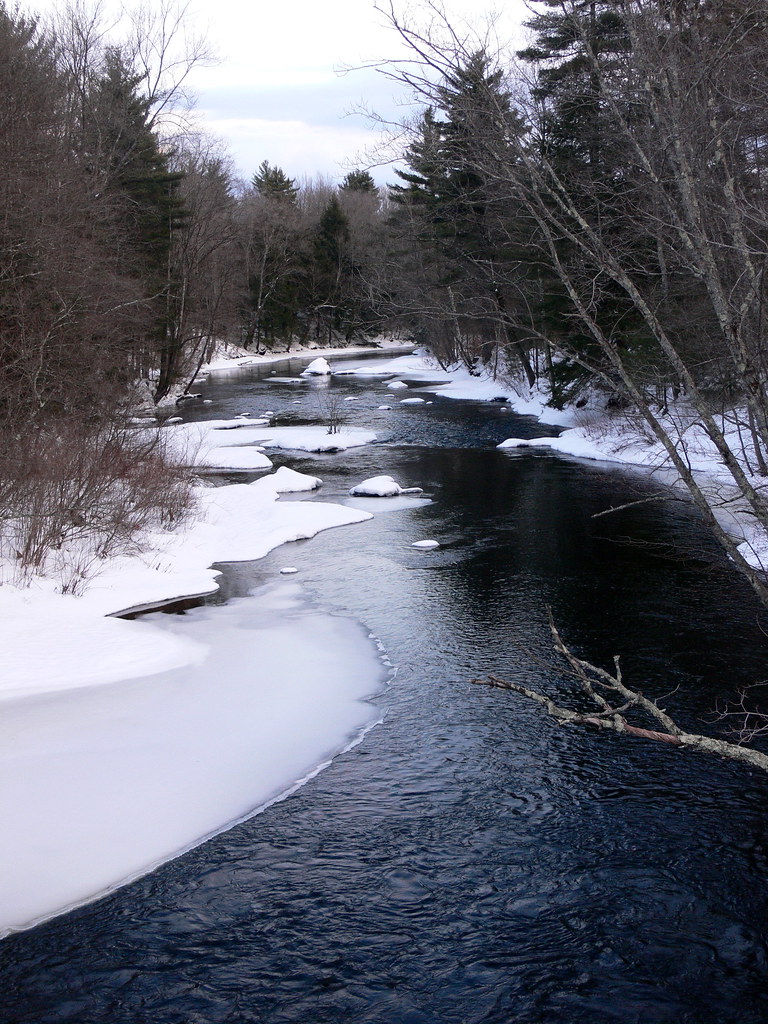The following is an excerpt from the Community Environmental Legal Defense Fund’s fall 2020 newsletter “Observing Revolution.” Email info@celdf.org to receive a hard and/or electronic copy of their newsletters.
In New Hampshire, at the 2006 annual town meeting in Barnstead, residents enacted a first-in-the-nation law prohibiting corporate water extractions. The law asserts the rights of residents to water and to local self-government, and rejects the corporate-claimed right to take community water for profit. Nearly a dozen other communities in New Hampshire have adopted similar rights-based ordinances in the years since, addressing a range of corporate threats.
Building on this statewide momentum, in 2016, neighboring Barrington passed a law protecting townspeople and ecosystems from commercial water and mineral mining, and toxic waste disposal. Barrington’s law recognizes rights for both human and natural communities to access pure, uncontaminated water, air, and soil, and the right to scenic preservation of unspoiled vistas. Together, these laws provide the foundation for their rural life and the economic sustainability of local businesses.
In 2019, a first-in-the-state “Right to a Healthy Climate Ordinance” was passed by the townspeople of Exeter. A proposed fracked gas pipeline was planned to cut through the middle of town. Exeter residents adopted the healthy climate ordinance to protect local waterways, ground water, and the Piscataqua River Watershed, which provides drinking water to hundreds of thousands of people in New Hampshire, Maine, and Massachusetts. Exeter’s healthy climate ordinance secures the right of all inhabitants of the town, both human and natural, to a healthy climate system. It bans all corporate activities that would infringe on those rights, including fossil fuel pipelines.
Claimed discrimination against corporations
Four days after Exeter’s law was passed, the townspeople of Nottingham passed a law of their own to secure an enforceable right to a climate that is “capable of sustaining human societies.” Eleven days later, corporate interests filed a lawsuit to overturn Nottingham’s law. Among the objections: the law discriminates against corporations.
The ordinance bans corporate toxic waste dumping, hazardous waste landfills, and new fossil fuel infrastructure. It builds upon a 2008 law that stands today and which successfully defeated an effort to privatize local water in the town.
Local New Hampshire rights-based laws have recognized the rights of people and ecosystems to protect themselves from the highly controversial Northern Pass project, the Kinder Morgan Northeast Energy Direct project, the Granite Bridge Pipeline, and others. Work has been ongoing in New Hampshire for over a decade, including in communities like Alexandria, Dan- bury, Hebron, and Grafton. Organizing efforts have led to the state legislature voting on Community Rights and Rights of Nature state constitutional change three times.
Visit CELDF’s website HERE.
“River Barnstead, NH” by TamnLu Productions is licensed under CC BY-NC-ND 2.0

